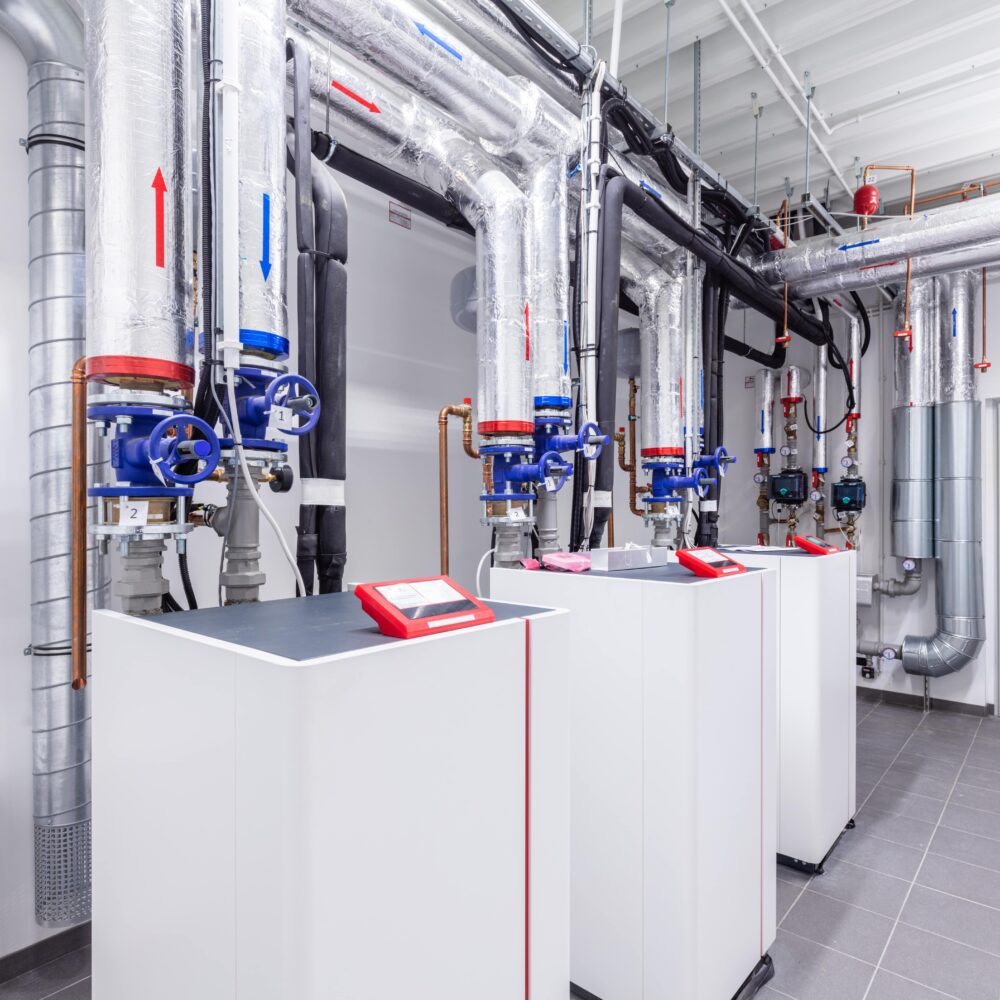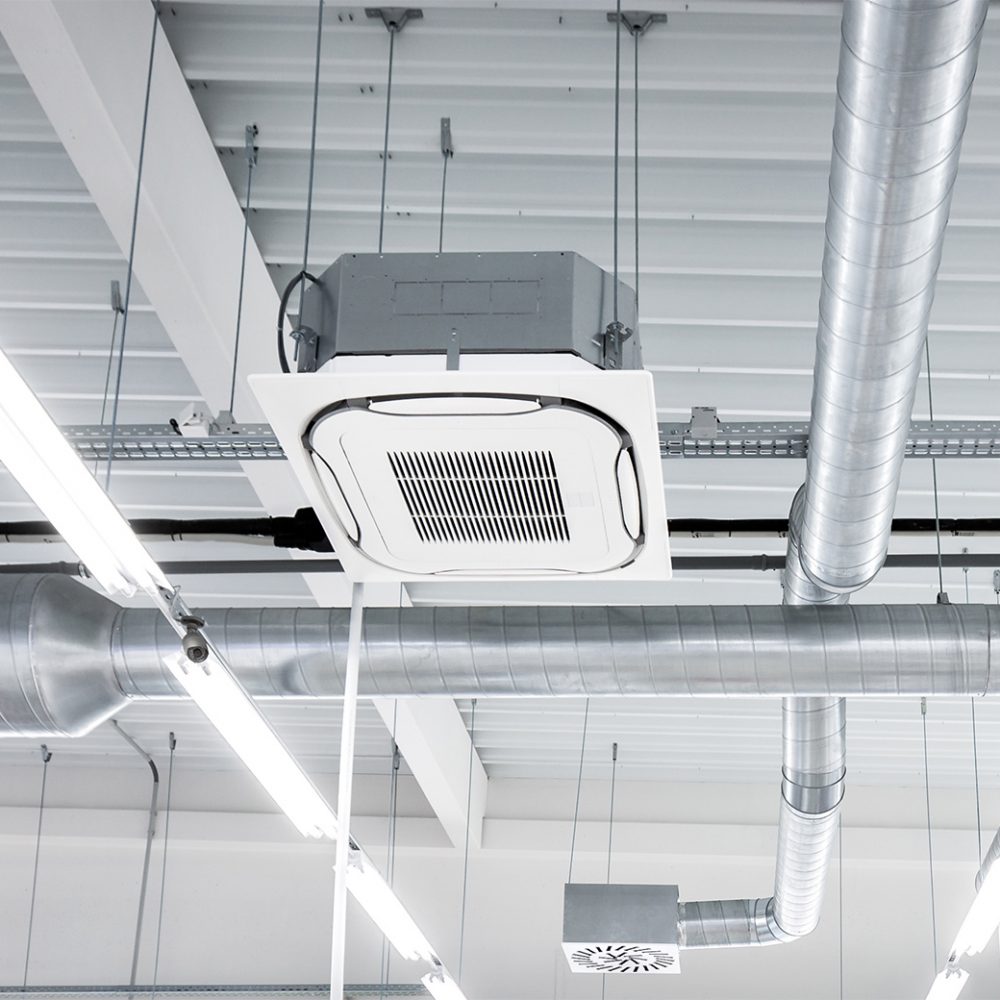

News
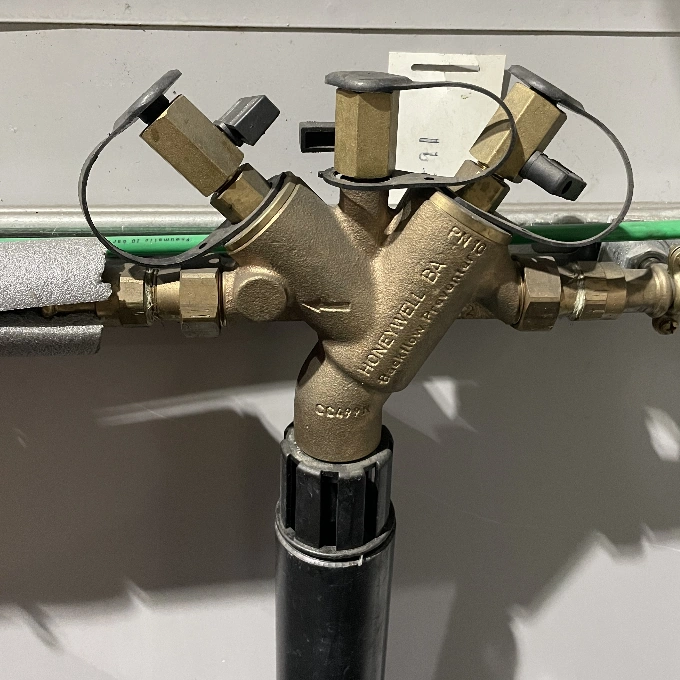
20th June 2024
Ensuring safe water supply: the critical role of RPZ valves in commercial premises
From busy factories and educational facilities to office blocks, all commercial spaces require a safe and uncontaminated water supply.
A commercial water supply comes with a long list of mandatory regulations that must be followed to ensure the public’s safety. A key component in achieving this is the installation of RPZ (Reduced Pressure Zone) valves, which can help businesses maintain a safe water supply.
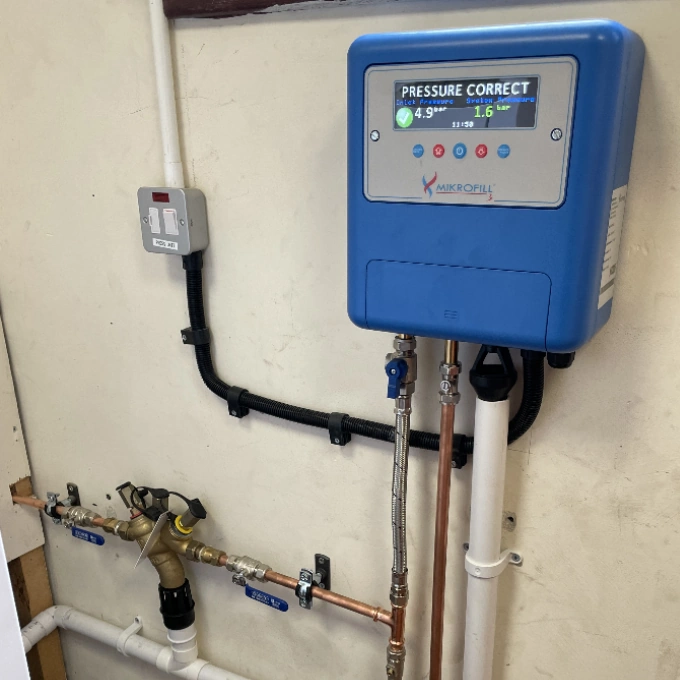
Understanding backflow and RPZ Valves
Backflow is a serious issue that can have devastating effects if it enters a commercial water system. It occurs when tainted or stagnant water is drawn back into the mains water supply through pipework. There are two main causes: back-pressure and back-siphonage, which both happen when water is pushed in the opposite direction of its normal flow pattern.
RPZ valves are backflow prevention devices that fit directly onto cold water supply pipes. They are designed to stop backflow from entering a building’s water system, reducing the chances of dangerous contaminants entering the commercial water supply.
Contaminants entering water systems can present a serious and immediate threat to human health. This is a problem for any building but is particularly pertinent for hotels, schools, and other healthcare facilities occupied by potentially vulnerable or at-risk individuals.
RPZ valves ensure that backflow does not compromise the integrity of the potable water system in commercial facilities, making them essential in settings where multiple water uses are all connected, for example, a water fountain being on the same supply pipework as a boiler heating system.
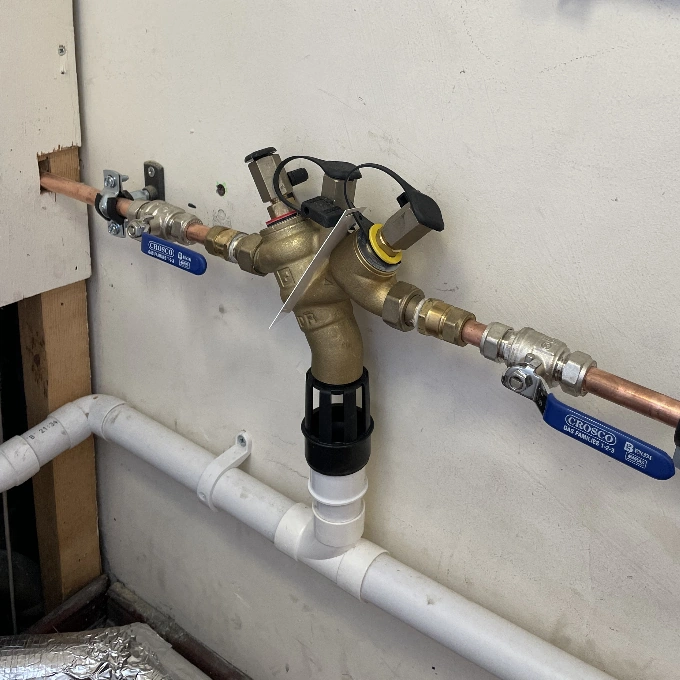
How do RPZ valves ensure backflow prevention?
RPZ valves ensure that water only flows in one direction. This is necessary to prevent contaminants such as bacteria, noxious chemicals, heavy metals, gases, and other harmful pollutants from entering a water system.
They work by ensuring that the water entering the downstream system has a lower pressure than the incoming supply, typically by 0.7-1 bar. It is then possible to monitor and maintain the lower pressure with a combination of check valves and relief valves. This ensures that the water in the pipe only moves in one direction. This helps to facilitate the movement of potable drinking water into various outlets such as taps in commercial buildings, while discharging any water that has flown in the wrong direction into a connected waste pipe.
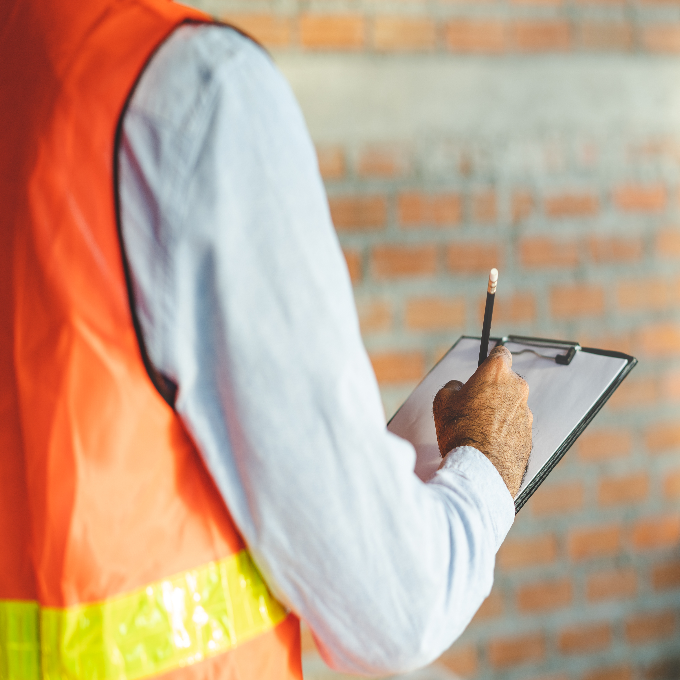
Compliance & meeting legal standards
The Water Supply (Water Fittings) Regulations 1999 have outlined five different fluid categories depending on the safety of the water. Fluid category 1 is considered safe, whereas fluid category 5 indicates a serious health hazard.
RPZ Valves provide protection up to and including fluid category 4 and are widely regarded as the most appropriate and safe backflow prevention devices for this category. Commercial heating systems are an excellent example of a fluid category 4 application, as are commercial dishwashers, cleaning appliances, and fire sprinkler systems that do not use antifreeze.
RPZ valves are required by the Water Supply (Water Fittings) Regulations 1999 to prevent backflow and ensure that the potable water supply remains uncontaminated. To meet these legal standards, RPZ valves must be installed by professionals, maintained on a regular basis and tested annually.
Failure to meet these requirements puts your building, occupants, and business at risk. If you do not comply, you may be held liable for any damages or injuries that occur as a result.
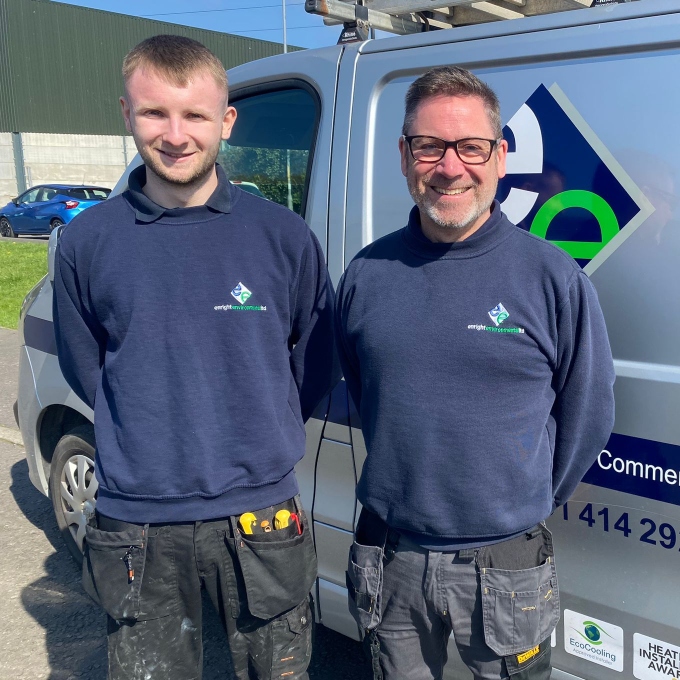
Enhancing safety & trust
By installing and annually servicing RPZ valves, businesses demonstrate their commitment to industry standards, helping to build trust with stakeholders and customers. While regulatory compliance is critical, the role of RPZ valves extends beyond simply meeting legal requirements – they are necessary for the safety and reliability of commercial water supplies.
If you are the owner of commercial premises, you may require one or multiple RPZ valves. At Enright Environmental, our team of specialists is here to advise on whether your building requires RPZ valves. If RPZ valves are needed, we can install, commission and maintain them, helping to safeguard employees and the public.
To learn more about RPZ valves and how they ensure a clean commercial water supply, get in touch.
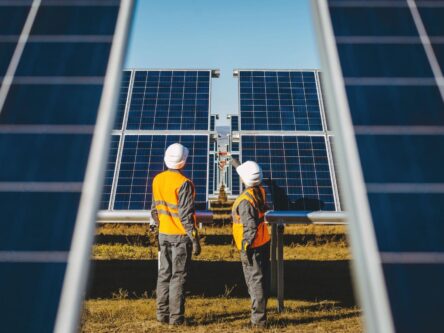
25th July 2024
The cost of renewable energy: Where to invest for the best payback
Renewable energy has emerged as a powerhouse in recent years for businesses and investors. From solar to
Read More »
9th July 2024
Legionella prevention: How to ensure the safety of your HVAC system
A commercial building owner in charge of HVAC systems should be aware of Legionella bacteria pneumophila, a
Read More »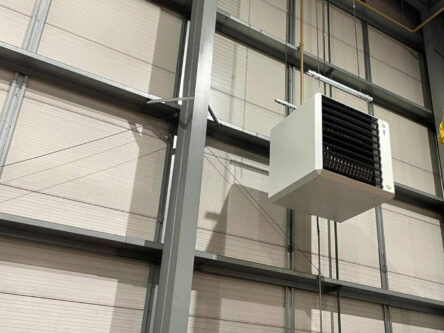
1st May 2024
How investing in commercial HVAC maintenance can prepare your systems for all seasons
HVAC systems are essential for all businesses, providing commercial buildings with optimal indoor comfort and air quality.
Read More »